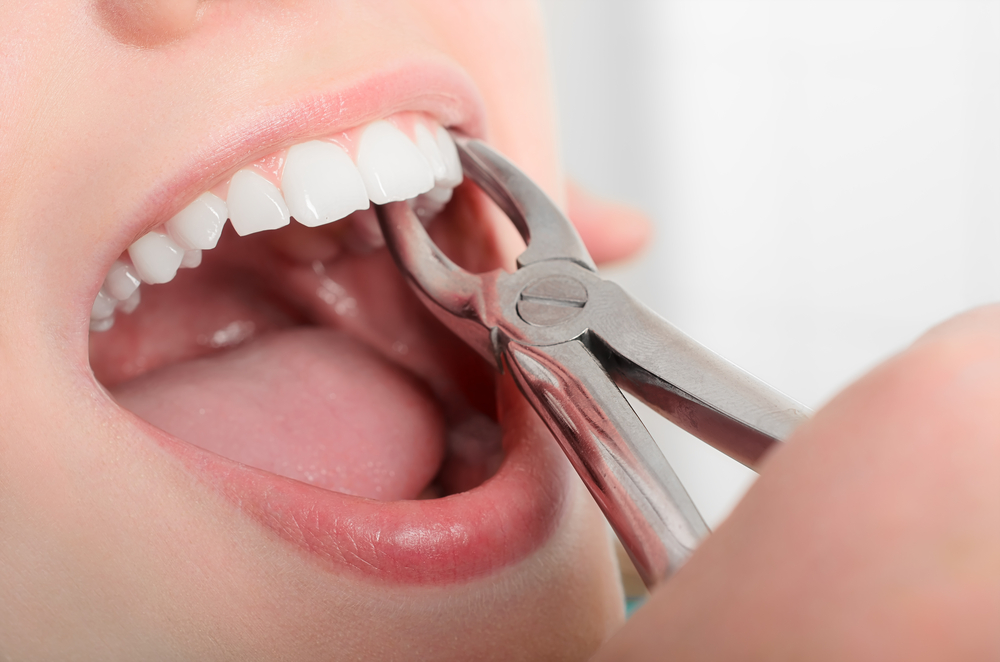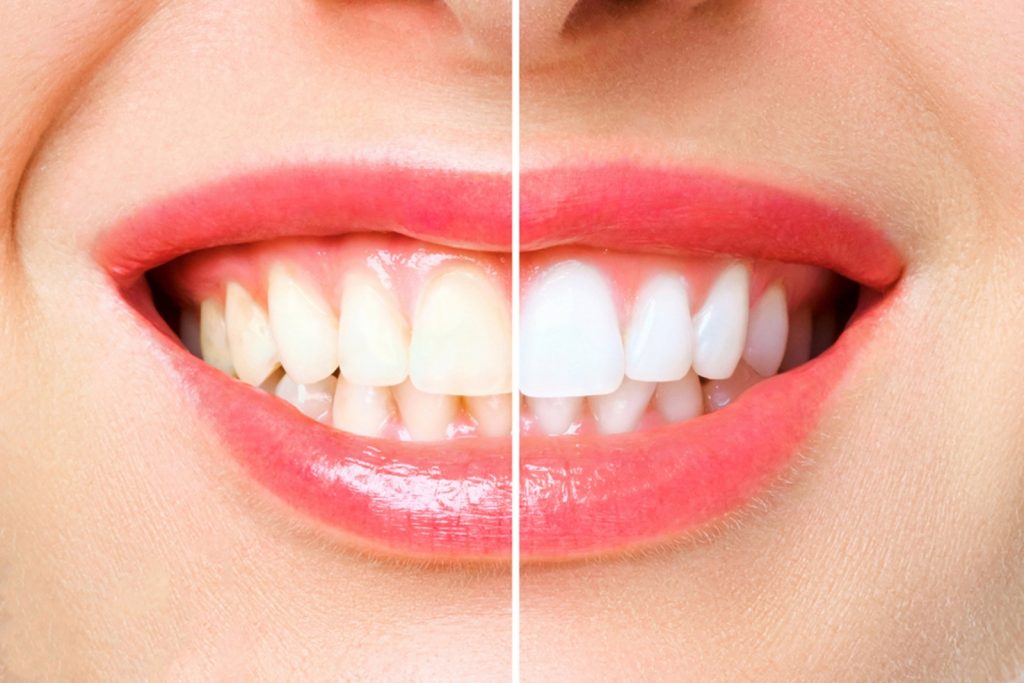The Ebb and Flow of Healing: Understanding Pain After Tooth Extraction
Tooth extraction, a common dental procedure, is often accompanied by some degree of discomfort and pain. While the extraction itself is typically performed under anesthesia, the aftermath can involve tenderness, swelling, and throbbing sensations. This comprehensive guide explores the timeline of pain after tooth extraction, factors influencing its duration and intensity, and tips for managing discomfort during the healing process.
A Painful Journey: Understanding the Timeline
The duration and intensity of pain after tooth extraction can vary depending on several factors. However, here’s a general timeline to provide a framework:
- The First 24 Hours: This is typically the most uncomfortable period. You might experience throbbing pain, swelling, and some bleeding at the extraction site.
- Days 2-3: The pain should gradually begin to subside. Swelling might peak around this time.
- Days 4-7: Pain should become more manageable and controlled with over-the-counter pain medication. Swelling should start to decrease.
- Week 1-2: Most of the discomfort should resolve. You might still experience some tenderness at the extraction site.
- Weeks 3-4: Healing progresses significantly. Discomfort should be minimal.
- Months 2-4: Complete healing typically occurs within 2-4 months. Discomfort should be completely gone.
Important Note: This is a general timeline, and individual experiences can vary. Some people might experience minimal pain, while others might require a longer recovery period.
Factors Influencing Pain After Extraction
Several factors can influence the severity and duration of pain after tooth extraction:
- Complexity of the Extraction: Simple extractions of visible teeth above the gum line typically involve less pain compared to surgical extractions of impacted teeth or wisdom teeth.
- Type of Anesthesia: While all anesthesia options aim to minimize pain during the procedure, the duration of their effects can vary. General anesthesia might provide a longer window of pain relief compared to local anesthesia.
- Individual Pain Tolerance: Everyone has a different pain threshold. Some individuals naturally experience more discomfort than others.
- Post-Operative Care: Following your dentist’s instructions for post-operative care, including applying ice packs, taking pain medication as prescribed, and maintaining proper oral hygiene, can significantly influence your healing process and pain levels.
Managing Discomfort: Tips for a Smoother Recovery
Here are some strategies to effectively manage pain and discomfort after tooth extraction:
- Over-the-counter pain medication: Use pain relievers like ibuprofen or acetaminophen as directed by your dentist.
- Ice packs: Apply ice packs to the outside of your cheek near the extraction site for 15-20 minutes at a time, with breaks in between, to reduce swelling and discomfort.
- Elevation: Keep your head elevated while sleeping to minimize swelling.
- Soft foods: Stick to a soft diet for the first few days after extraction to minimize pressure on the extraction site. Avoid hot, spicy, or acidic foods that can irritate the wound.
- Gentle rinsing: After the first 24 hours, gently rinse your mouth with warm salt water several times a day to promote healing and prevent infection.
When to Worry: Signs of Potential Complications
While some pain and discomfort are expected after tooth extraction, some symptoms might indicate a complication. If you experience any of the following, contact your dentist immediately:
- Severe and persistent pain that doesn’t improve with medication
- Excessive bleeding that doesn’t subside
- Fever and chills
- Difficulty swallowing or breathing
- Numbness that persists for several days
- Pus draining from the extraction site
Frequently Asked Questions (FAQ)
Q: What can I take for pain after tooth extraction?
- A: Your dentist will likely recommend over-the-counter pain relievers like ibuprofen or acetaminophen. Always follow the dosage instructions carefully.
Q: How long should I avoid eating solid foods after tooth extraction?
- A: Stick to a soft diet for the first few days after extraction. Gradually reintroduce solid foods as your healing progresses.
Q: Is it normal to have a bad taste in my mouth after tooth extraction?
- A: Yes, it’s common to experience a bad taste or metallic taste in your mouth after tooth extraction. This should subside within a few days.
Q: Can I smoke or drink alcohol after tooth extraction?
- A: No, smoking and drinking alcohol can impede healing and increase the risk of complications. It’s best to avoid these substances for at least a week after extraction, or as advised by your dentist.
Additional Strategies for a Smooth Recovery:
- Rest and Relaxation: Your body needs time to heal after a tooth extraction. Prioritize getting enough sleep and avoid strenuous activity for the first few days.
- Maintain good oral hygiene: While you should avoid brushing directly on the extraction site, it’s crucial to continue brushing and flossing your other teeth gently to prevent plaque buildup and infection.
- Distraction: Taking your mind off the pain can be helpful. Engage in activities you enjoy like reading, watching a movie, or listening to music.
- Mind-Body Techniques: Consider incorporating relaxation techniques like meditation or deep breathing exercises to manage stress and discomfort.
The Importance of Following Your Dentist’s Instructions
Remember, following your dentist’s specific post-operative instructions is paramount for a smooth recovery and minimizing pain. They will tailor their guidance based on the complexity of your extraction and your individual needs. Don’t hesitate to contact your dentist if you have any questions or concerns during the healing process.
Conclusion
Tooth extraction, while necessary at times, can be an uncomfortable experience. Understanding the typical pain timeline, factors influencing its severity, and effective management strategies can help you navigate the healing process with greater ease. By following your dentist’s instructions, practicing good self-care, and remaining patient, you can minimize discomfort and promote a smooth recovery.




